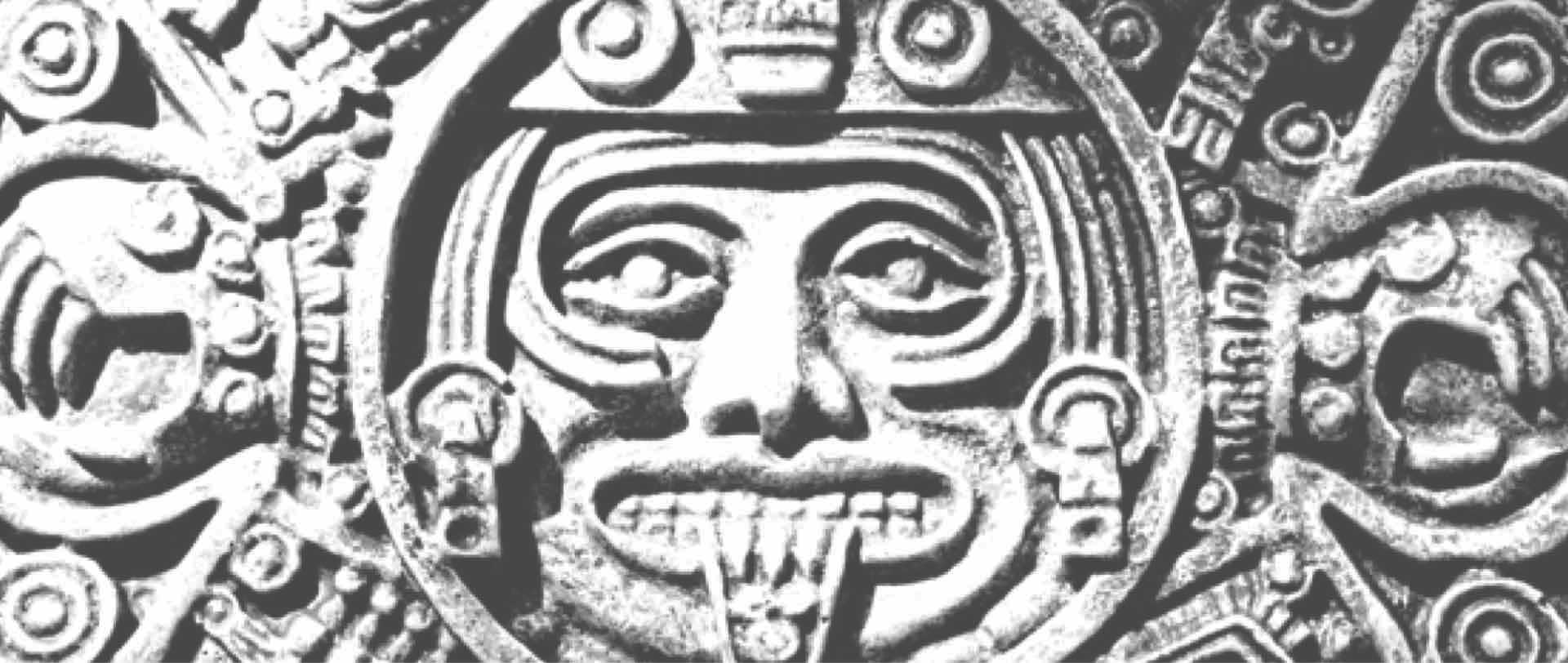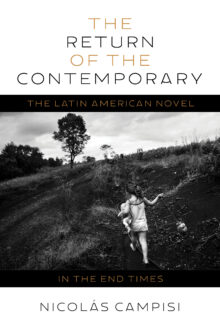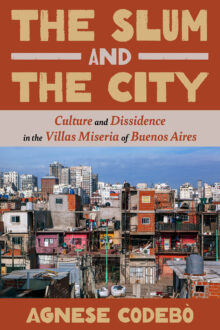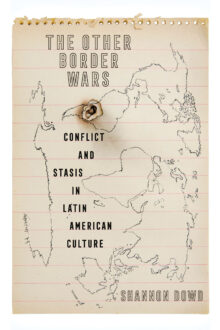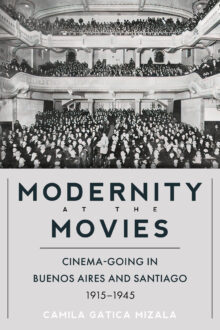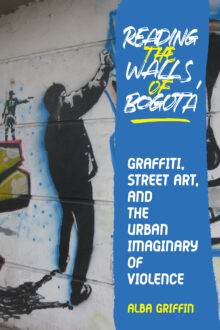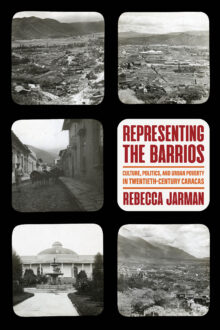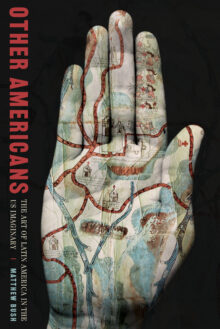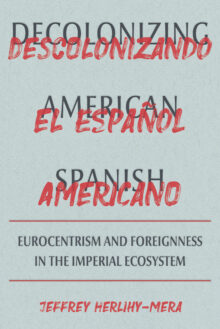Illuminations: Cultural Formations of the Americas
Illuminations: Cultural Formations of the Americas was founded in 2004 by John Beverley and Sara Castro-Klarén. Featuring cutting-edge books on Latin American and inter-American societies, histories, and cultures that offer new perspectives from postcolonial, subaltern, feminist, and cultural studies, this series takes its inspiration from the idea of the illumination, which the critic Walter Benjamin defined as “that image of the past which unexpectedly appears to someone singled out by history at a moment of danger.” By emphasizing this recovery of the past in the context of a perilous present, the series concerns itself with the historical sedimentation and genealogies of Latin American cultural practices and institutions. In highlighting cultural formations of the Americas, it aims to represent work that crosses regions and continents, encompassing the spatial relations of Atlantic studies, of precolonial or prenational territoriality, and of U.S. Latino and other diasporic cultures.
Acquiring Editor: Joshua Shanholtzer
Series Editor
Jorge CoronadoNorthwestern University
Jorge Coronado is professor of modern Latin American and Andean literatures and cultures at Northwestern University. His work draws from various disciplines and cultural practices, such as history, archaeology, anthropology, consumption, photography, and literature. He is the author of The Andes Imagined: Indigenismo, Society, and Modernity and Portraits in the Andes: Photography and Agency, 1900–1950 and the coeditor of Visiones de los Andes: Ensayos críticos sobre el concepto de paisaje y región. His continuing interests center on how Latin America and its regions have cohered in the cultural imagination since the early nineteenth century; the lettered practices that subalterns produced by appropriating intellectuals’ tutelage to their own ends in the twentieth century; and expanding what we understand to be the continent’s lettered and cultural production through archival research and other initiatives.



